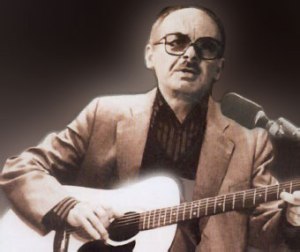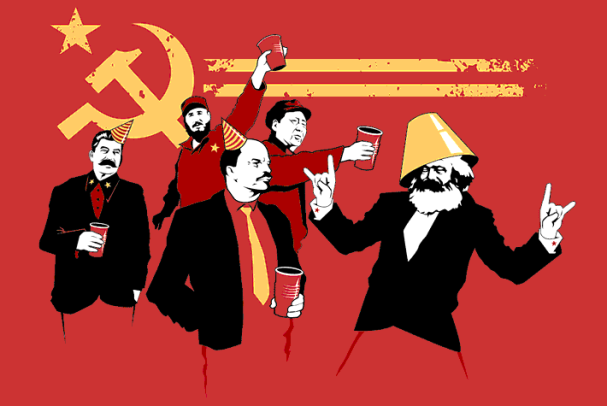With Stalin’s death on March 5th, 1953, the Soviet Union found itself at a crossroads unable to look back on the past, but also uncertain about the future. Gone was the man who had industrialized the nation, won the Great Patriotic War, and turned the Soviet Union into a legitimate world power. After the death of the man that had been ever present in their lives for almost thirty years , the people of Russia did not know what to expect next. He left no heir to take over for him or a plan to rule the country for the Politburo to follow. The next few years saw a power struggle that Nikita Khrushchev eventually won, becoming the new leader of the Soviet Union. With the arrival of Khrushchev, the “Thaw” hit the Soviet Union. The Thaw saw the renouncement of the era of Stalin. He brought many positive reforms to the Soviet Union, both politically and culturally. In a speech at the 20th Party Congress in 1956, Khrushchev repudiated Stalin’s cult of personality and denounced his mass killings, imprisonments, and the realm of fear that governed the land during his time. “This thaw initiated an irreversible transformation of the entire Soviet nation by opening up economic reforms and international trade, educational and cultural contacts, festivals, books by foreign authors, foreign movies, art shows, popular music, dances and new fashions, and massive involvement in international sports competition” (New World Encyclopedia).

An example of this Thaw on Soviet culture was the poem, “The Last Trolley”, written by Bulat Okudzhava. Okudzhava was one of the many poets who became famous during the Khrushchev era as “guitar poets” who used guitars and tape recorders to bring back the Russian musical tradition that had disappeared during Stalin’s time. Their poems resonated with millions of Russian people, due to the use of the guitar and also traditional Russian themes that were previously not included in music during the Stalin era. “The Last Trolley” is specifically written about the thaw and the release of the Soviet Union into more liberal times. This poem is about the late night trolley, which represents the thaw. His line “midnight trolleybus, sweep through the streets, make your circuits round the boulevards” (RR 567) describes the trolley (the thaw) making its way through the streets and boulevards (Russia) and picking up its passengers to free them from their trouble and despair (Stalin and his rule). Okudzhava makes use of words such as the night and despair to represent the oppressive regime of Stalin throughout the poem and uses the trolley bus to represent the good and free world the Soviets now live in, as seen by the stanza “midnight trolleybus, open your door for me! for I know that this freezing midnight, your passengers, your crew, will come to my aid” (RR 568). Okudzhava’s passengers and crew are the Russian people who were once divided by the paranoia and terror of the past thirty years, but have now healed the rift and are once more ready to become one people. Finally, the poem ends as the “midnight trolleybus sails through Moscow, the roadway flows away into dawn…and the pain the pecked like a starling in my temple grows quiet” (RR 568). Finally, the thaw has swept through Russia, releasing her people from the darkness of the night into the light of the dawn and new day.
Sources Used:
http://www.newworldencyclopedia.org/entry/Khrushchev_Thaw
http://www.biografiasyvidas.com/biografia/o/okudzhava.htm

It’s interesting how the author used a trolley as a metaphor for the Thaw. It is a very cool poem and contains lots of hope for the future now that Stalin has passed and tensions have eased. Thanks for sharing!
LikeLike
It’s a great song. Thanks for writing about it! Okudzhava was so important to the culture of the post-war period. He had this way of taking something completely ordinary, like balloons, or a trolley, and then using it to evoke complex and sometimes ineffable feelings. Lots of good context on him in 17 moments: http://soviethistory.msu.edu/1961-2/bulat-okudzhava/
LikeLike
Loved the post and the song, another great way that the Russian people brought fresh ideas and culture to a culture starved nation.
LikeLike
Very interesting that the poet compared the “thaw” to a trolley, and it is very accurate as well. Another interesting point about this post is how much Stalin did for the USSR. Despite the fear and torment upon the people in the USSR, he created a strong country and a nationalistic country. He did indeed make the Soviets a world power, and some people looked up to him for his ability to do that.
LikeLike